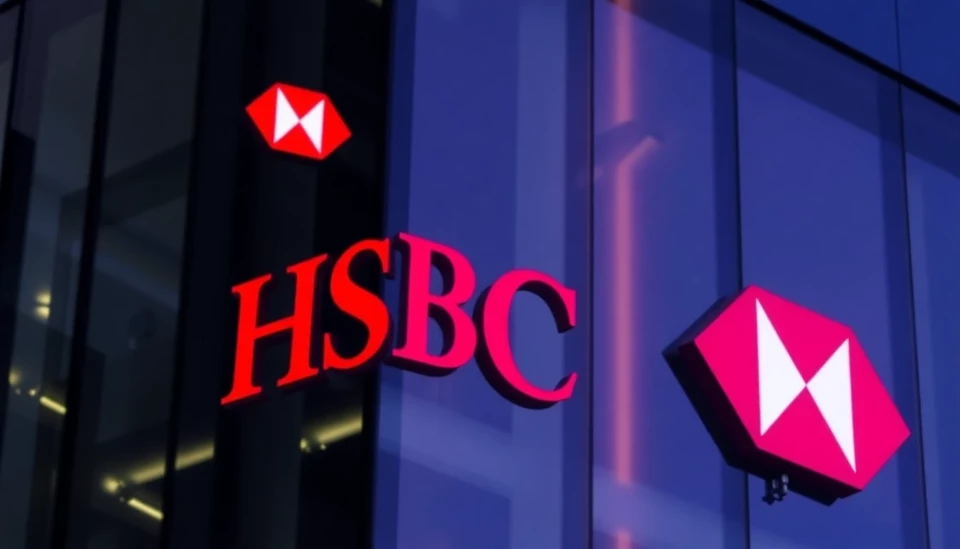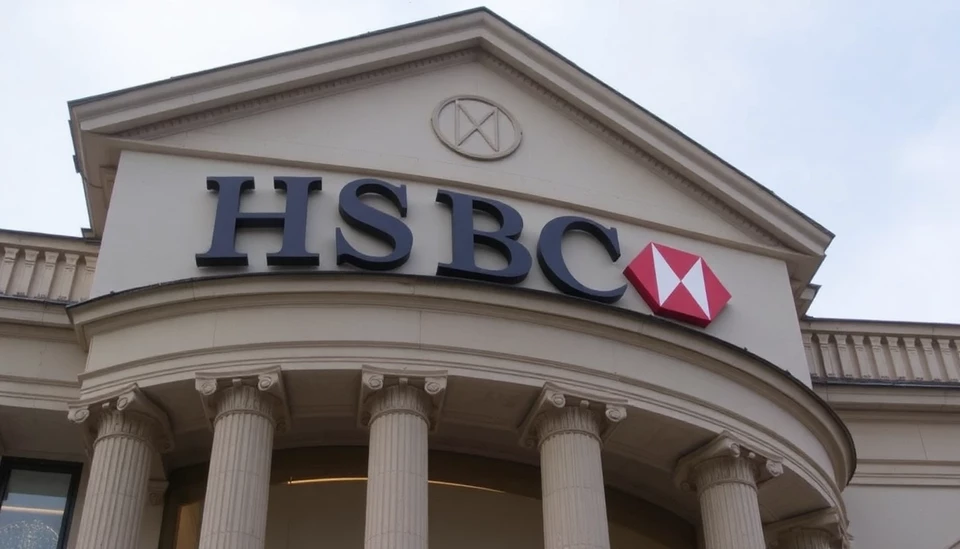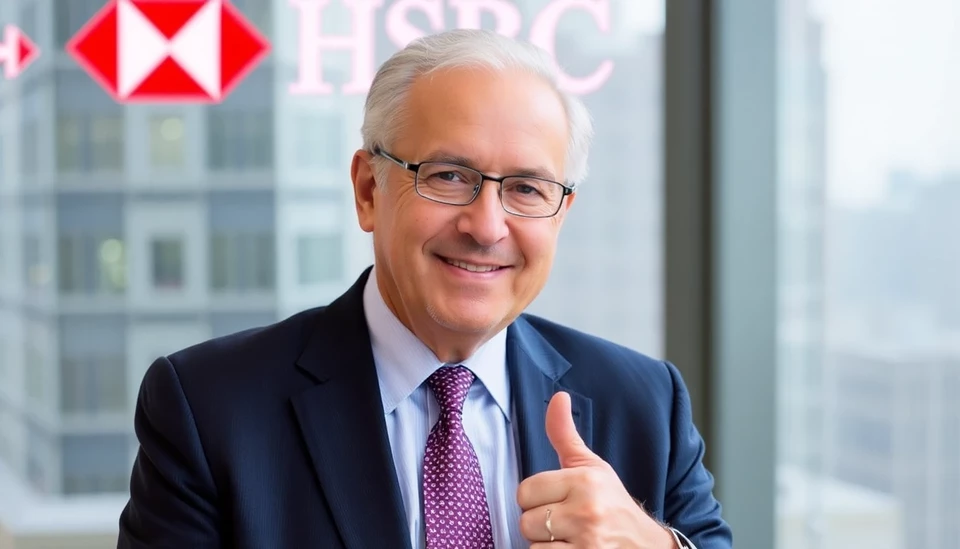
In an unprecedented shake-up, HSBC's management team is engulfed in fierce competition as they strive to retain their roles following the new CEO's ambitious restructuring plans. This strategic overhaul aims to streamline operations and bolster profitability, but it has left many executives facing uncertainty about their futures within the banking giant.
The CEO's initiative is characterized by a profound transformation of HSBC's structure, emphasizing efficiency and rapid decision-making as key pillars. In light of these changes, managers have found themselves in a race not only to prove their worth but also to navigate the shifting priorities of the bank's leadership. This atmosphere of apprehension has permeated various levels of the organization, prompting some to reconsider their career pathways.
As part of the revamp, the CEO has expressed a clear intent to revitalize the bank’s strategic focus, particularly in core markets. This involves reallocating resources to areas deemed profitable while downsizing or eliminating underperforming divisions. The effect of these sweeping changes is palpable, as managers scramble to align themselves with the new vision and demonstrate their relevance to the organization’s future.
Insiders at HSBC reveal that this competitive environment has bred a sense of urgency among management. Many are taking proactive measures—ranging from attending executive training sessions to enhancing their performance metrics—hoping to stand out in the new hierarchy that the CEO is creating. Others are reluctantly preparing to pivot to alternative career opportunities, realizing that the current corporate climate may not support their long-term ambitions at the bank.
Moreover, the bank's history of previous restructurings weighs heavily on executives’ minds. Many remember past initiatives that led to significant job cuts while others shifted positions or were forced out entirely. This lingering apprehension has intensified the current struggle for job security, with executives feeling the pressure to deliver quick results and innovation that align with the CEO’s vision.
Furthermore, the communication dynamics within the bank have transformed. Managers are now engaging in more frequent dialogues with upper management to gain insights into performance expectations and strategic shifts. Those who can effectively advocate for their teams and showcase tangible contributions are more likely to solidify their standing within the company, as the CEO's revamp prioritizes decisiveness and accountability.
As HSBC continues to navigate this challenging landscape, the future of many managers remains uncertain. While opportunities for growth and development exist, the race to prove one's value is fostering a highly competitive atmosphere that poses both risks and rewards for those at the helm. In the coming months, it will be crucial to monitor how these changes unfold and who among the bank’s leadership emerges resilient in the face of transformation.
In conclusion, HSBC's management team faces a pivotal moment as they contest for their positions within the company. The new CEO's revamp highlights the urgent need for adaptation and highlights the pressure on executives to maintain their relevance in an evolving financial institution.
#HSBC #JobSecurity #CorporateRestructuring #BankingSector #LeadershipChallenges #ExecutiveCompetition
Author: John Harris




